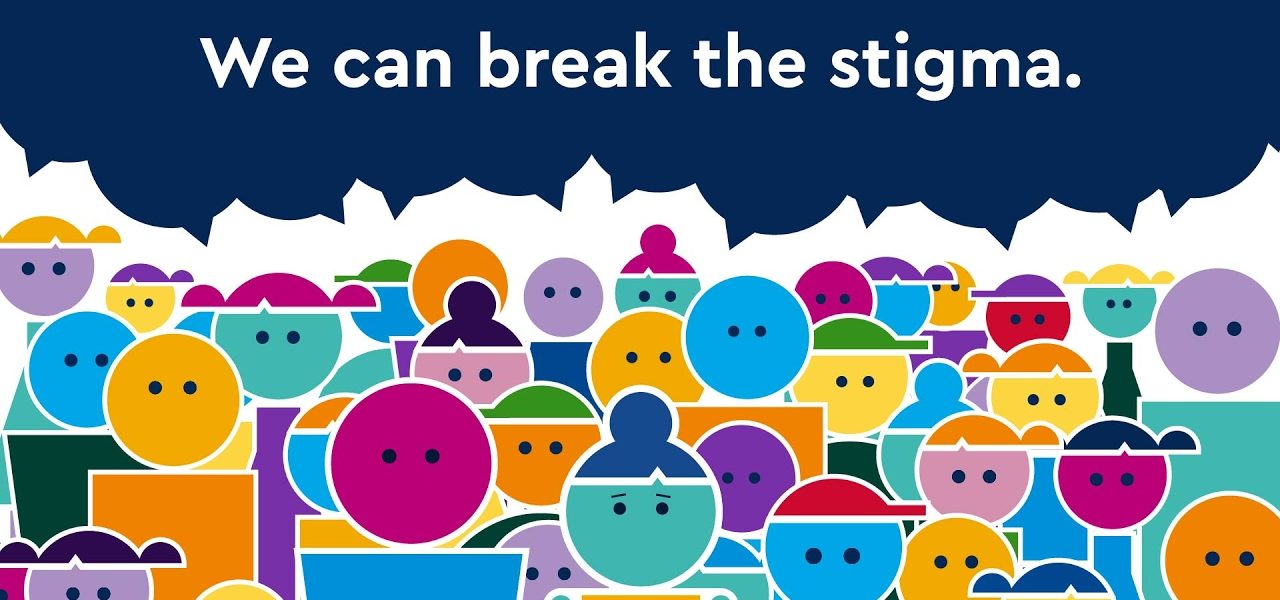Mental health, often overlooked or misunderstood, is as crucial as physical health.1 It encompasses our emotional, psychological, and social well-being, influencing how we think, feel, and act.2 Just as we care for our physical bodies, nurturing our mental health is essential for overall well-being.3
Why Mental Health Matters
Mental health issues can affect anyone, regardless of age, gender, or background.4 Conditions like anxiety, depression, bipolar disorder, and schizophrenia can significantly impact daily life, relationships, and productivity.5 By recognizing the signs and seeking help, individuals can improve their quality of life and build resilience.
Common Mental Health Challenges
- Anxiety Disorders: Excessive worry, fear, and nervousness.6
- Mood Disorders: Persistent feelings of sadness, hopelessness, or euphoria.7
- Psychotic Disorders: Distorted thoughts and perceptions.
- Personality Disorders: Enduring patterns of thinking, feeling, and behaving.8
Signs and Symptoms
Mental health issues can manifest in various ways, including:
- Emotional: Persistent sadness, irritability, or mood swings9
- Cognitive: Difficulty concentrating, memory problems, or negative thoughts10
- Physical: Fatigue, changes in appetite, or unexplained pain11
- Behavioral: Withdrawal from social activities, substance abuse, or risky behaviors12
Seeking Help
If you or someone you know is struggling with mental health, it’s important to seek professional help. Here are some steps to consider:
- Recognize the Signs: Pay attention to changes in mood, behavior, or thoughts.
- Consult a Healthcare Provider: Schedule an appointment with a doctor or mental health professional.
- Consider Therapy: Talk therapy can provide valuable tools for coping and managing symptoms.13
- Explore Medication: In some cases, medication may be helpful in managing symptoms.14
- Build a Support System: Connect with loved ones, join support groups, or find online communities.15
Promoting Mental Well-being
- Practice Self-Care: Prioritize sleep, nutrition, and physical activity.
- Manage Stress: Engage in relaxation techniques like meditation or yoga.16
- Build Strong Relationships: Connect with loved ones and seek social support.17
- Limit Screen Time: Reduce exposure to social media and news.18
- Challenge Negative Thoughts: Practice positive thinking and mindfulness.19
By breaking the stigma and prioritizing mental health, we can create a more compassionate and supportive society. Remember, it’s okay to not be okay, and seeking help is a sign of strength.
[Insert relevant image or infographic about mental health]
[Optional: Add a call to action, such as encouraging readers to share the article or seek help]
Would you like to know more about a specific mental health topic, or do you have any other questions?




